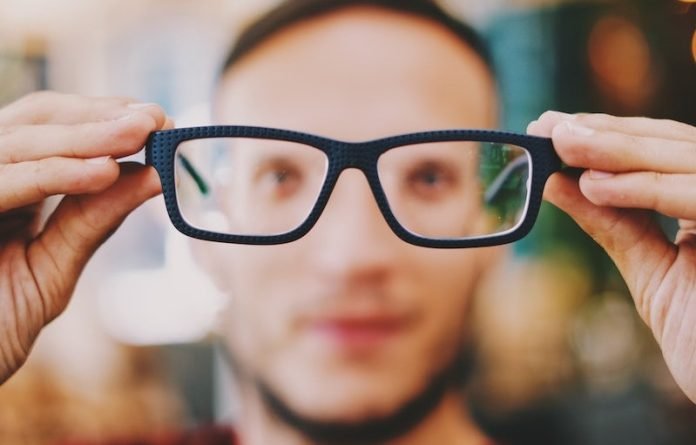
Age-related macular degeneration (AMD) is the most common cause of vision loss among people aged 50 and older, affecting an estimated 7.3 million individuals in the United States.
Of these patients, 1.75 million have advanced AMD and will lose vision from this condition.
This includes patients with the “wet” form of AMD, characterized by the growth of abnormal blood vessels in the retina that can bleed or leak damaging fluids into the central portion of this light-sensing tissue.
A recent study from Johns Hopkins Medicine found commonly used AMD drug outperforms another at weaning patients off treatment for one year.
Standard treatment of wet AMD requires monthly or bimonthly eye injections of drugs that slow or stop the growth of these leaky blood vessels, and in most cases, stave off further vision loss.
In addition to the cost, discomfort and rare but potential risk of retinal detachment, infection and other side effects, the need to return to a physician’s office or clinic each month for these injections is a common barrier to consistent care, leading to missed treatments and potentially worsening vision.
Aflibercept and bevacizumab are the two most frequently used therapies for the treatment of wet AMD.
In the study, researchers examined 106 patients with “wet” AMD and found that nearly half of the patients treated with aflibercept could safely stop eye injection therapy after one year without further vision loss.
Only 17% of patients taking another commonly used wet AMD therapy, bevacizumab, were able to safely wean from the drug at a year.
The findings build on evidence from a previous study led by the researchers that found potentially a third of patients with wet AMD could safely pause therapy after one year of monitoring by a physician.
The results suggest that if doctors can match the right patient to the best therapy, many patients with macular degeneration may not need lifelong therapy.
These results provide additional evidence that aflibercept and bevacizumab should not be considered interchangeable when treating AMD.
The team says clinical trials of a larger group of patients will be necessary to confirm their findings.
The study was conducted by Akrit Sodhi et al and published in the Journal of Clinical Investigation.
If you care about eye health, please read studies about how to protect your eyes from glaucoma, and 7 habits that help prevent vision loss in older people.
For more information about eye health, please see recent studies about how to protect your eyes from diabetes, and results showing that vitamin B3 may help treat common blinding eye disease.
Copyright © 2023 Knowridge Science Report. All rights reserved.



